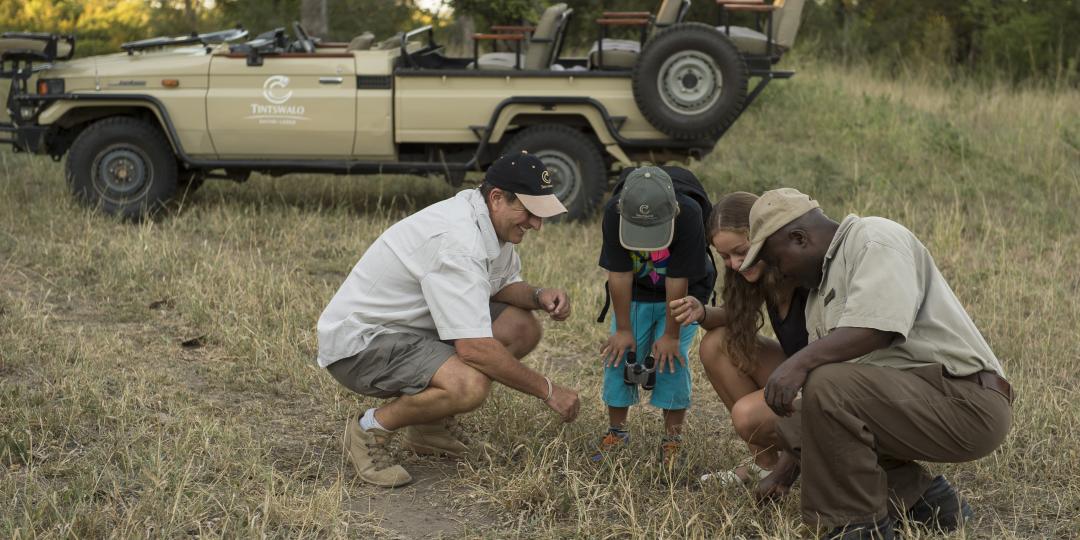TOURISTS coming to Southern Africa see animal interactions as a key part of their travel itineraries, and it’s important for tour operators selling these to know if these experiences are ethical.
It’s important to define the term ‘ethical animal interaction experiences’.
“If interactions with wildlife include walking with, riding on, cuddling, touching, selfie-taking or any form of hands-on activity, you can be certain it is unethical and tourists should simply not do it,” says Christina Pretorius, Communications Manager at IFAW (International Fund for Animal Welfare) Southern Africa.
Walking trails and hikes through wildlife areas have grown in popularity over the past few years. Makumu Private Game Lodge offers the opportunity to track game and go on walking trails. “Our accredited guides offer an incredible experience. They are knowledgeable and guests love the experience of being close to nature,” says Makumu’s Daina Johnstone. Game drives in open Land Rovers are also an option, and the night drives to see the nocturnal animals are a big hit, says Johnstone.
Photographic safaris offer a special way to interact with wildlife, and guests get to keep the memories long after their holiday has come and gone. Tintswalo Safari Lodge in the private Manyeleti Game Reserve (on the border of the Kruger National Park) offers guests the option of booking a photographic safari with a professional wildlife photographer, as well as a safari ranger and tracker. Guests can hire camera equipment as part of the package and also have their images printed to canvas at the lodge. In addition to the photographic safari package, should guests want to go on their own photographic safari, a private 4x4 safari is an option. There is an additional charge for this service and it is subject to the availability of vehicles.
There is an international volunteer programme available with SANCCOB, a non-profit organisation committed to the rescue, rehabilitation and release of seabirds – especially the African penguin, an endangered species. However, to be part of the volunteer programme, travellers need to sign up for a minimum of six weeks (Cape Town) and four weeks (Port Elizabeth). Visitors can also see the penguins at Boulder’s Beach (Cape Town).
Tourists can get up close and watch the whales along the Cape’s Overberg coastline.
Tourists can view the meerkats in Oudsthoorn as they go hunting in the early morning. Tourists are there as an observer, but can take their cameras along – the meerkats are pretty photogenic and might even pose!
The Sardine Run, called the Serengeti Migration of the Seas, takes place along the South African coastline between May and July and is a sight to behold.
The Pilanesberg Wildlife Trust and Sun City have partnered to offer guests the opportunity to take part in Rhino-notching initiatives along with park officials and vets. It’s an opportunity for anyone who loves wildlife. Funds from the excursions are ploughed back into rhino conservation.
Birding safaris are extremely popular. BirdLife South Africa has a list of all the best birding spots in the country.























